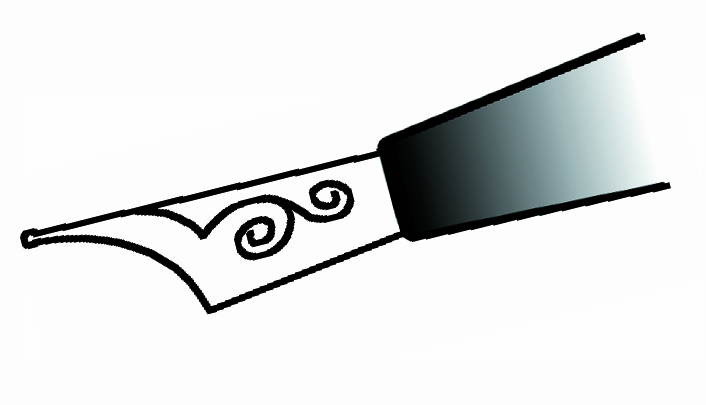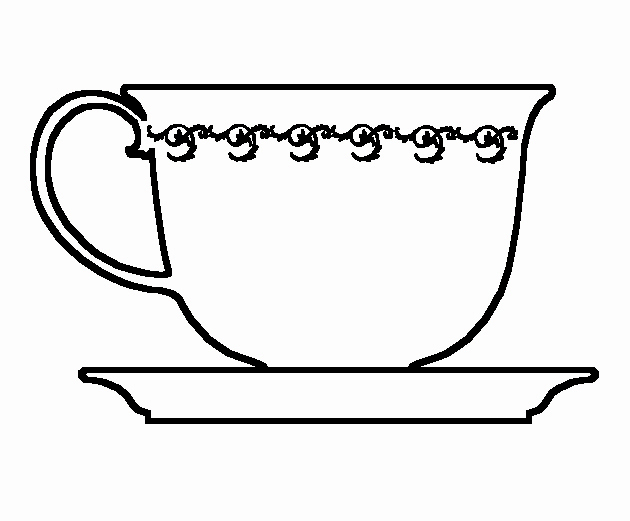Dear Etiquetteer: Is the term, "I'm sorry" an appropriate response upon hearing of a death in the family of a friend? I see so much of that on Facebook, while I had thought that extending sympathy or condolences would be a more proper response.
Dear Condoling:
Your query shows a discerning attitude about how we use language, which Etiquetteer can only admire and wish more people would adopt. This led Etiquetteer to examine more closely the definition of "sorry." For a moment Etiquetteer thought the word might imply personal responsibility for what one was sorry for. As it turns out, one definition is ""Feeling regret, compunction, sympathy . . . " and another is "suggestive of grief or suffering," so Etiquetteer can say that "I'm sorry" is an appropriate response to the news of a death. I'm sorry.
Now, is it the most appropriate response? Like you, Etiquetteer would rather see "My condolences" or "My sympathies" used instead, because those words are more specific to the occasion. "I'm sorry" is used every time an apology is made. One cannot say "My condolences for forgetting to attend your birthday dinner," for instance. And online, "I'm sorry" looks rather like a throwaway comment, which (Etiquetteer must hasten to add before the brickbats fly) is surely not the intent of those commenting.
Etiquetteer remains ambivalent about online condolences, whether on social media or through the online guest books of funeral homes. This is not to say that such things aren't, or can't be, Proper; this only reflects Etiquetteer's ambivalence. Condolences serve two purposes: to express sympathy to the bereaved by sharing positive thoughts and memories of the deceased; and, through the act of thoughtful writing, to assist oneself through the grieving process. What is attractive about expressing sympathy online is its immediacy, and the swift expression of condolences remains a very important part of expressing them. But the pitfalls of Immediate Online Expression are thoughtlessness and indiscretion on one side, and the consciousness of writing for a larger audience than the bereaved on the other. This last can sometimes lead to - how to say it? - an Escalation of Histrionics that becomes less about the impact of the deceased and more about the individual grief of each commenter. Just as it is improper to steal the spotlight from the bride at a wedding, so is it improper to steal the spotlight from the deceased. Often that form of writing is best left to one's personal, offline journal.
Etiquetteer learned only recently that April is National Card and Letter Writing Month. Considering the query above, it's essential to note that online comments on a message board do not replace the need for a handwritten condolence note. Nor will Etiquetteer accept the complaint that this is stuffy and old-fashioned. If anything, the understandable rush to adopt online communications has made handwritten letters and notes that much more significant and special to the recipients! The Lovely Note of Thanks (especially for wedding gifts), the Get Well Card, and even the Letter for No Reason give us opportunities for creativity and thoughtfulness unavailable online, because the audience is the Recipient Alone. And the thrill of seeing an envelope in one's mailbox that isn't a bill or junk mail remains fresh.
Unfortunately Etiquetteer has mailed exactly two handwritten pieces of correspondence this month. Let's all do better than that in the remaining week of National Card and Letter Writing Month, and in the months beyond!
Today is the last official day to vote in Etiquetteer's Spring Madness of Pet Peeves, and my goodness, what is to come afterward . . . This round determines the champion pet peeve in each division. NEXT week we'll see the divisions compete against each other: Weddings vs. Driving and Traffic, and Dining Out/Table Manners vs. General Peeves! So far these look like difficult choices. Please vote today!


